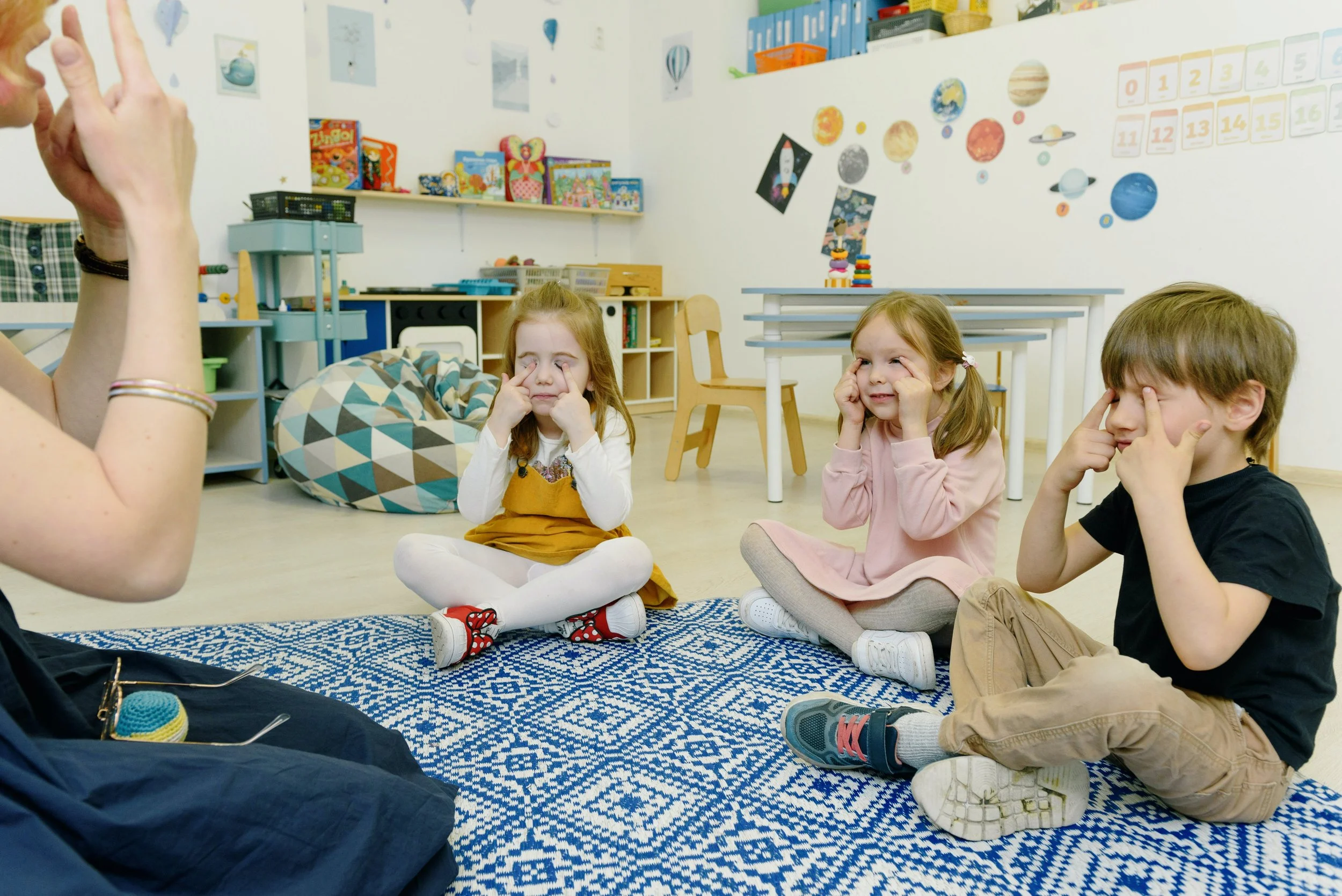![Preschool Teachers: What’s your Relationship with “Challenging Behavior'' Like?]()
We all have a relationship with “challenging behavior”.
Every early childhood professional has a relationship to working with children who hit, kick, spit, throw things, tantrum, run out of the room or just don’t listen.
I am not talking about your relationship with specific children.
In actuality, we each have a relationship with the whole idea of “challenging behavior,” with this aspect of our work. Just like we have relationships with other things or phenomena in our life like exercise, sleep, money, time, etc…
Just like relationships with the people in our lives, our relationships with challenging behavior can be healthy, rewarding, maybe even interesting, meaningful…or whatever it is for you.
When it comes to working with children who exhibit challenging behavior you may love that part of the job, or you may think of it as something that gets in the way of teaching…or something that children’s families, your director, a behavior consultant or mental health specialist should fix.
Your relationship with challenging behavior may be heavily flavored with upset that you don’t receive adequate training or support in this area of your work. That’s fair….











